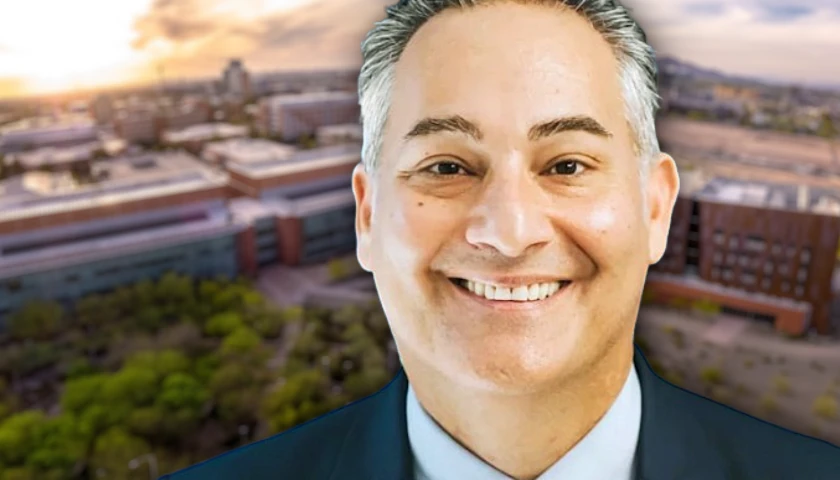by Jon Styf
Professional sports teams and government officials promise tax revenue benefits when taxpayer subsidies are used to build new or renovation stadiums and arenas.
But those benefits consistently do not come to fruition, according to a report from the Tax Foundation.
The report is consistent with years of economic research showing the same.
“The empirical evidence shows repeatedly that stadium subsidies fail to generate new tax revenue and new jobs or attract new businesses,” said Adam Hoffer, Director of Excise Tax Policy at the Tax Foundation. “While attending a sporting event or a concert in a new, publicly subsidized venue might benefit fans of the team or those who attend the event, those subsidies shift spending that would have occurred in other parts of the city or state in the absence of a new sports stadium or arena.”
The report highlights 12 projects in cities across the U.S. that were proposed or approved in 2024, including a $2.4 billion subsidy for a new Tampa Rays stadium and development in St. Petersburg, Florida, and a $2.4 billion proposed subsidy for a new Chicago Bears stadium on the Chicago off Lake Michigan adjacent to the current Soldier Field.
More than $100 million in bonds remained when Giants Stadium was demolished in 2010 and Chicago owes more today on Soldier Field renovation bonds than it did when the project occurred in 2002.
In many cases, the projects are accompanied by neighboring developments. In the case of Philadelphia, a proposed new arena would be paid for by the team while the city reduces the property taxes to $6 million annually in PILOT payments and just $10 in rent for the 30-year term of the lease while transferring several parcels of land to the team for the arena and development.
While announcing the deal, Philadelphia Mayor Cherelle Parker touted a debunked economic impact report related to the project.
“I don’t know why the myth of stadiums as economic catalysts persists,” wrote economist J.C. Bradbury of Georgia’s Kennesaw State University. “I keep asking for examples of venues that worked, and no one can provide one. People just believe it because it kind of seems like it should make sense, but all the evidence suggests it isn’t true.
“A list of cities that have lost major-league teams in the not-too-distant past: San Diego, Seattle, St. Louis, Montreal. These are all still fantastic cities. Remember, it’s the city that makes the team not the team that makes the city.”
The report highlighted renovations for the Jacksonville Jaguars ($1.4 million) and Memphis Grizzlies ($350 million) while the Carolina Panthers ($600 million) also had a renovation approved in 2024 that was proposed in 2023.
The Kansas City Chiefs and Royals have proposals that have not been agreed upon, the Cleveland Browns have pushed several subsidy proposals for new stadium sites and the Washington Wizards and Capitals remained in D.C. after a proposal in Virginia died.
– – –
Jon Styf is a staff reporter at The Center Square.
Photo “Jacksonville Everbank Stadium” by Everbank Stadium.








